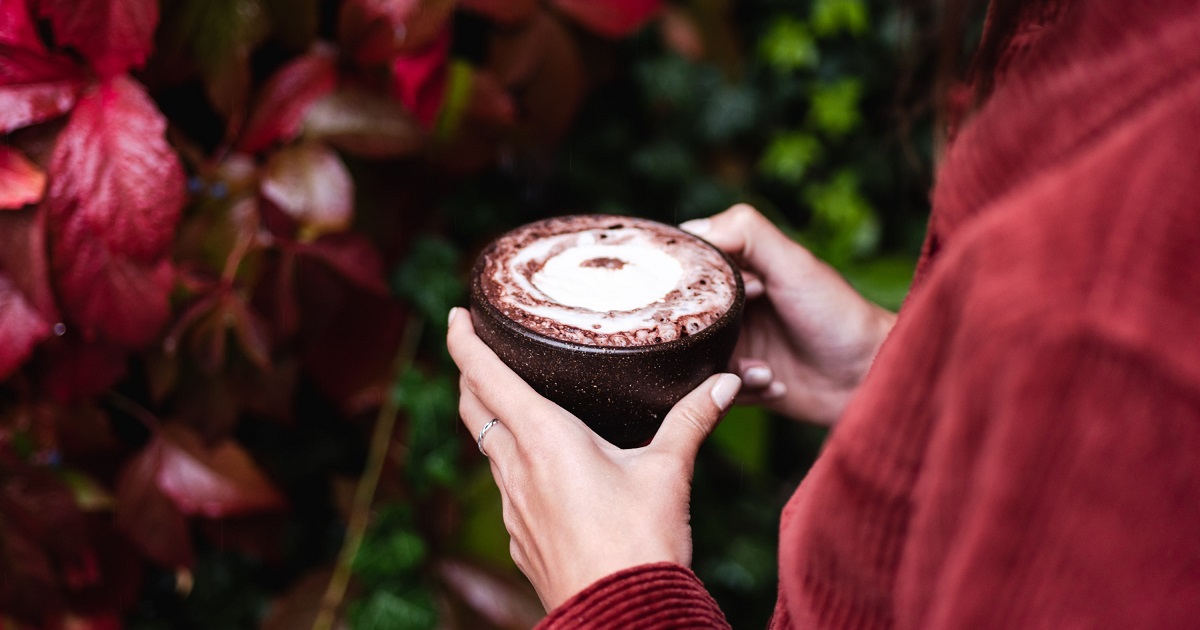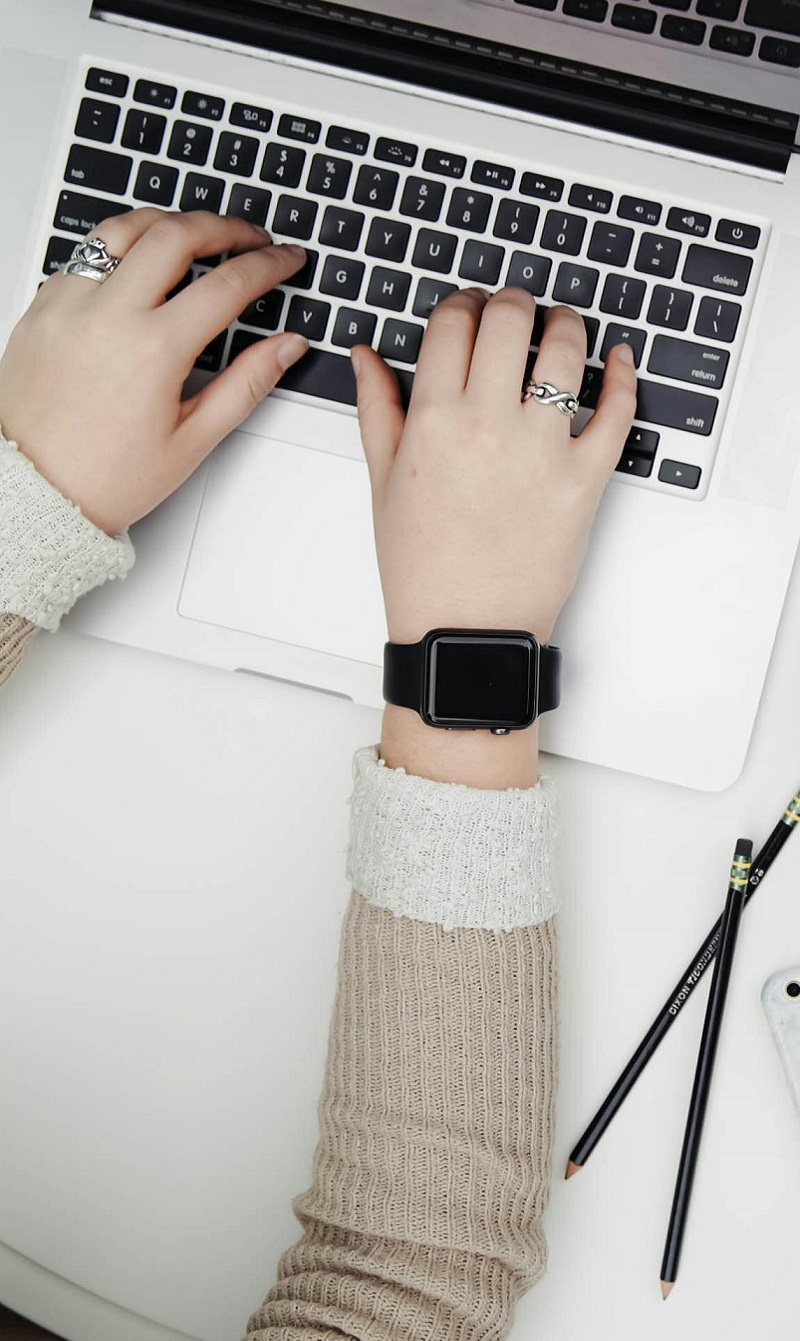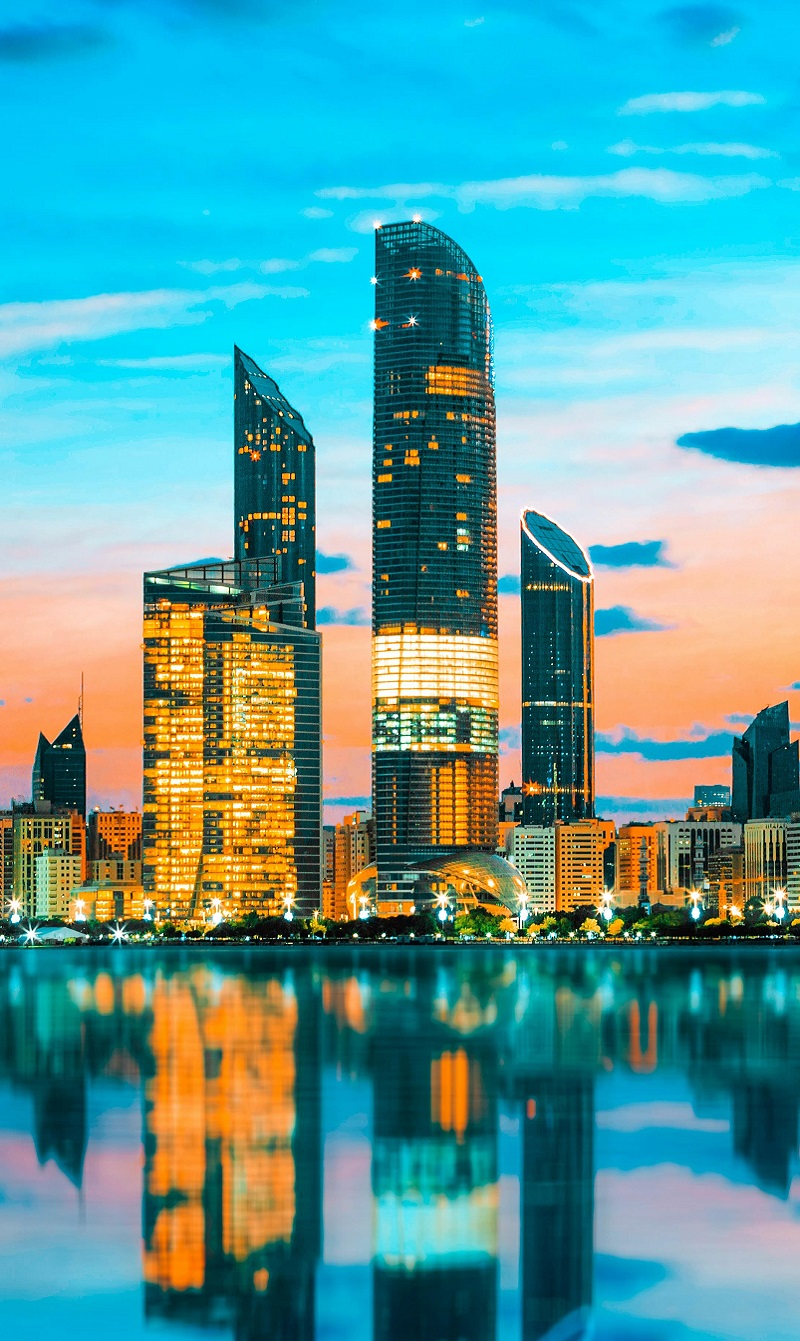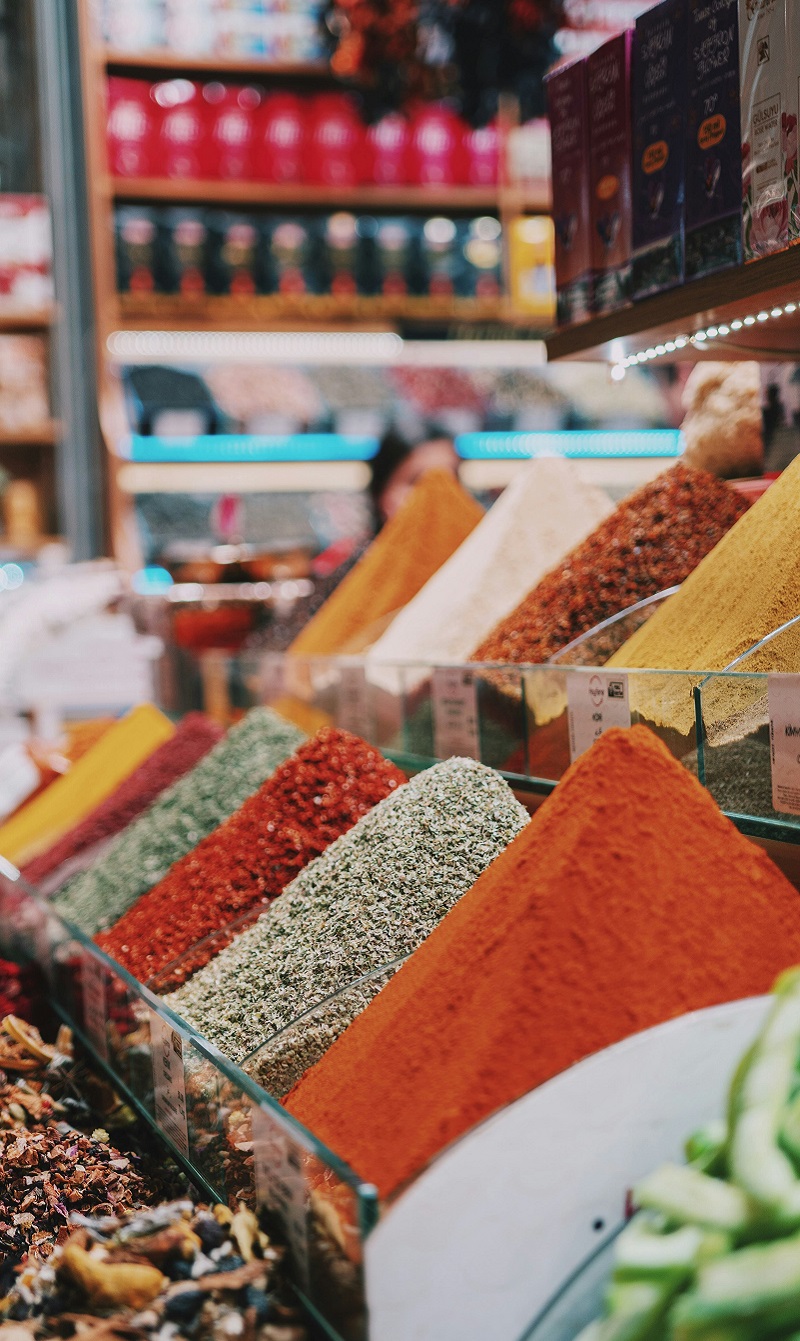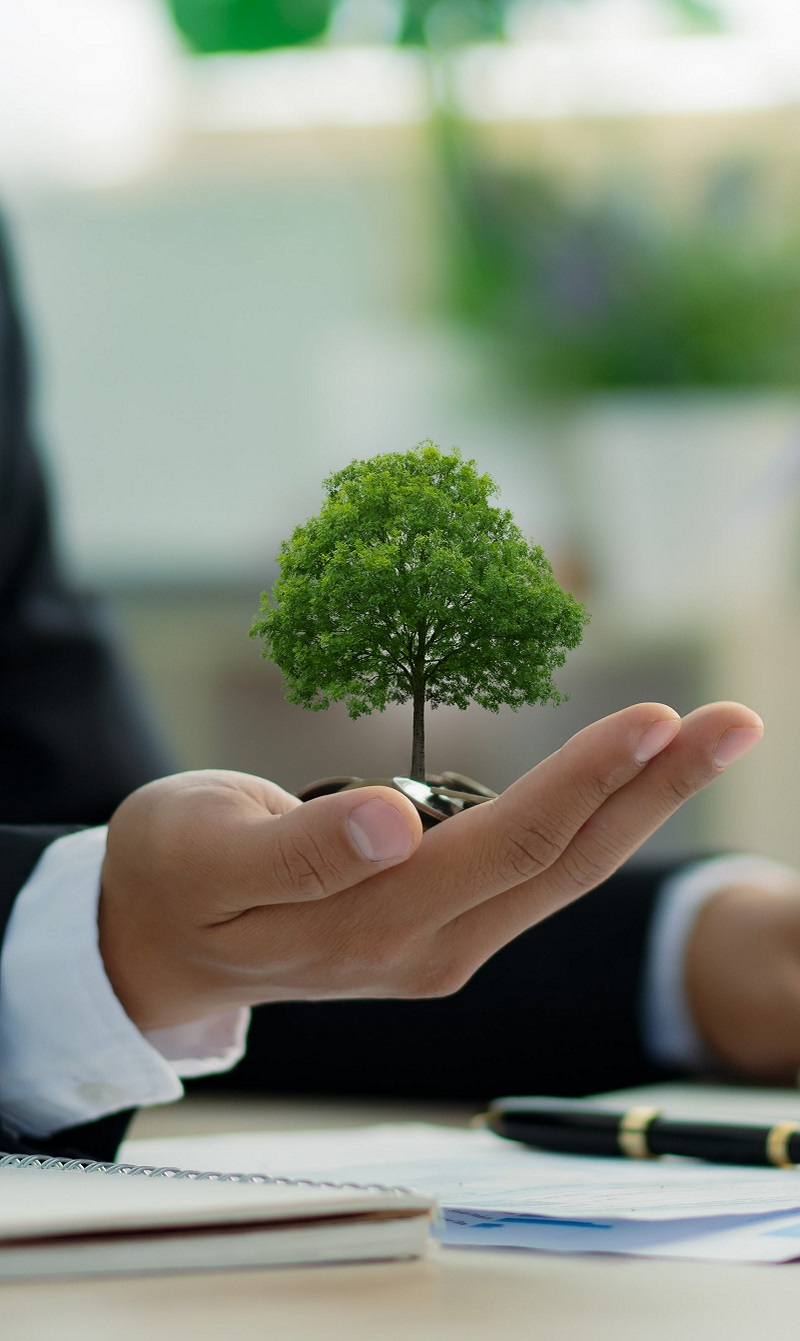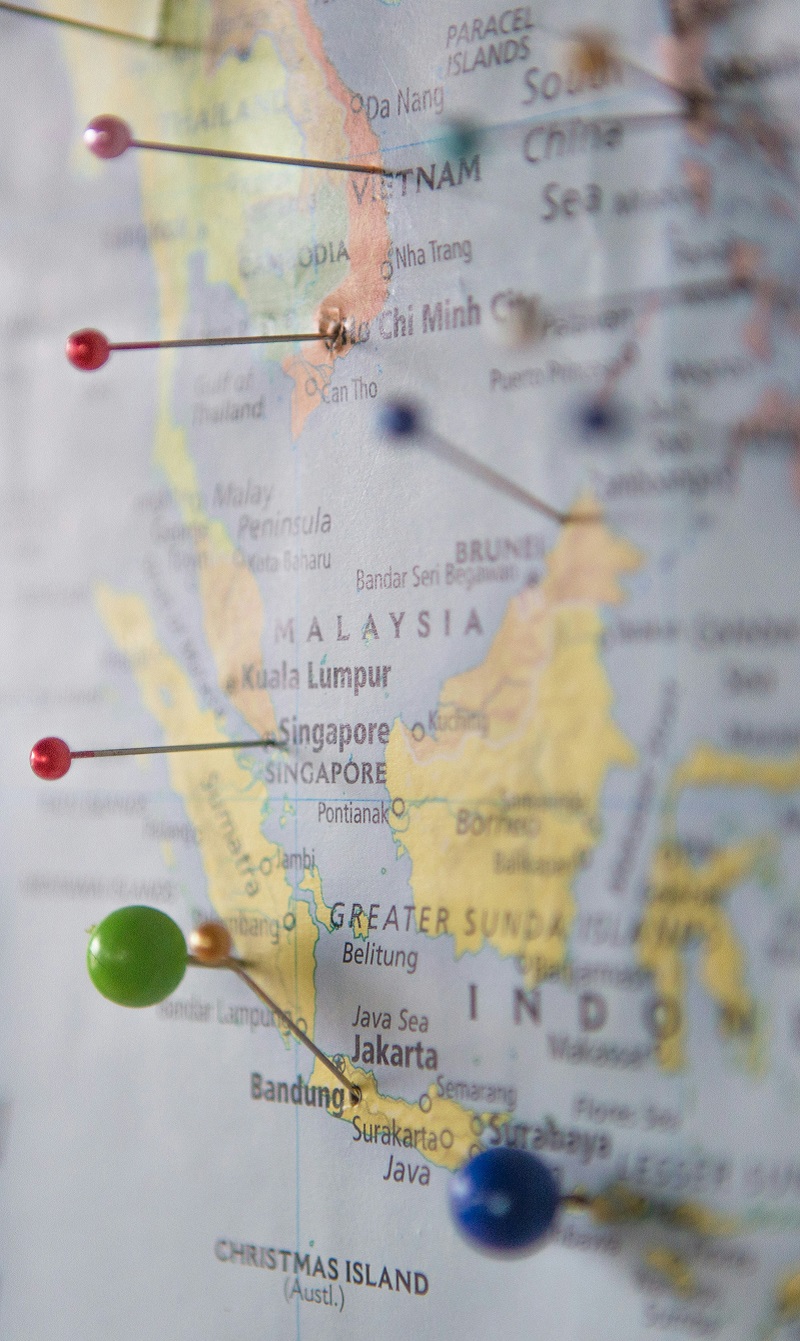Taking Coffee Full Circle
Kafeeform, a German company making coffee cups from recycled coffee grounds, sets the example of sustainability and how coffee comes a full circle. In fact, its holistic undertaking sets a precedent for green businesses. Reyana Nacerodien writes. This article first appeared in issue 6 of In Focus magazine.
Many would say that there are few things that compare to taking time out to enjoy a good cup of coffee. The pastime allows you to sit, savour and scrutinise all manner of thoughts. Kaffeeform founder, Julian Lechner, did just that and turned his coffee musings into an award-winning, green business in Berlin. Arguably the most popular drink in the world, coffee is not without its downside – waste. Global consumption is steadily rising, meaning that the coffee grounds, the remainders, are too. This thought plagued coffee-loving Julian with every cup he drank. He started to wonder: What happens to all the waste, the used coffee grounds? Can’t there be a way to further use this alleged waste, this resource?
Brewing it Up
With his background in interdisciplinary product design studies completed in Bozen, Italy, Julian started to experiment. After three years of experimentation, and a vast number of cups of coffee consumed, he had discovered the unique formula to produce a new material. Recycled coffee grounds, renewable raw materials and other plant-based materials were transformed into the durable, robust material, Kaffeeform. It’s this material that now drives the thriving business by the same name.
Similar to many start-ups, Kaffeeform started with Julian all on his own. ‘It started more or less as a one-person company in my flat,’ he explains. From there it spread through word-of-mouth. ‘When the news about my invention and the underlying idea got out the interest of the public was huge, and did not stop,’ he adds. From humble beginnings back in 2015, the business has grown very well. ‘Great press coverage did help to sell the first cups through our own online webshop. And then retailers and coffee shops came to us and wanted to use and re-sell our cups. So, there was a steady increase,’ Anika Paulus who now manages communications for Kaffeeform, affirms.
Savouring the Aroma
It’s been an upward trajectory from there on while remaining true to the key fundamental of sustainability. ‘When we introduced the reusable Weducer Cup in 2018 it gave the business another huge lift. The product combined good design with the need for sustainable products, it speaks of zeitgeist, and was a game changer really,’ Anika explains. Products are ideally suited to appeal to a market dominated by growing environmental concerns who are using their purchasing power to not only motivate businesses into being more sustainable, but ensuring their decisions are more consciously made.
This environmental and, indeed, sustainable sentiment is at the core of Kaffeeform, informs its thinking and resonates through the entire business. ‘For us it is important to grow sustainably and organically, and keep our local production and social structures. We’re still very small with only five employees at present,’ says Anika. ‘We work with a close network of small and independent coffee shops and retailers across Europe, so there are no huge corporate names to drop. Yet we do work with bigger companies for who we do branded editions of our cups.’
Despite its staff complement size, the powerful impact of Kaffeeform in terms of waste reduction related to coffee consumption with the use of the core contributor to its material, remains impressive. In illustrating waste reduction, Anika explains, ‘Our material consists of approximately 40 per cent coffee grounds. In each cup and saucer we produce, there are the grounds of six to eight coffee portions – a portion being an average double espresso shot. So far we have turned more than 750,000 coffee servings into more than 150,000 cups.’
Extra Froth
The idea of the circular economy is a regenerative approach that breaks the outdated take, make and dispose flow of products by promoting the elimination of waste and the continual use of resources. This is Julian’s key premise. ‘The core idea of our business is to use an alleged waste or wasted resource – the coffee grounds. We invented a material that re-uses this waste component and turns it into durable and long-lasting products. All that with using only plant-based, recycled or renewable components. There are no fossil-based plastics involved,’ he says.
In exploring additional possibilities for an environmentally and, indeed, business sustainable future, more opportunities are brewing. ‘We also work on other material combinations that will include other waste products. For us, it’s important that a product, especially if you buy a new one, is based on recycled or renewable components that are long-lasting and can be recycled. Our material is definitively recyclable – we can grind it up into small parts and take it back in to our material cycle,’ he adds.
Above and beyond unique products, this material cycle epitomises a community orientation and a social consciousness. ‘It’s very important from the start to choose the right partners,’ Anika explains. ‘We get the coffee grounds from fixed partners, currently co-working spaces that use the right beans from specialty coffee roasters. That means that trade and processing (roasting) are transparent, conducted with high quality, and the farmers are paid fairly above fair trade prices.’
Furthermore, Anika explains, ‘We make use of an independent bike messenger collective that picks up the coffee grounds from local cafes and roasteries, and drops them off at a local shelter for persons with disabilities in Berlin. We have been working with them since 2015, and they are in charge of manually drying and preparing the coffee grounds, for quality control, for logistics and shipment. The dried coffee grounds are then shipped to two production sites in Germany, where the other components are added and the material is produced, and then formed into cups. Back in Berlin the cups are sent out to our customers. We work with selected retailers, and sell through our own online shop, shipping across Europe.’ The holistic undertaking sets a precedent for green businesses.
The Perfect Cup
In 2018, Kaffeeform received the best of the best prize in the materials category at the international Red Dot Awards. The design competition recognises innovative product design, communication design and design concepts. Katrin de Louw, interior designer, assessor as well as material and surface expert for Red Dot notes, ‘Kaffeeform’s concept impressively implements contemporary thinking in sustainable cycles. A valuable resource that has so far been neglected is given a new meaning. This clever solution represents a new, environmentally friendly material alternative, and is therefore an important signal for the future.’
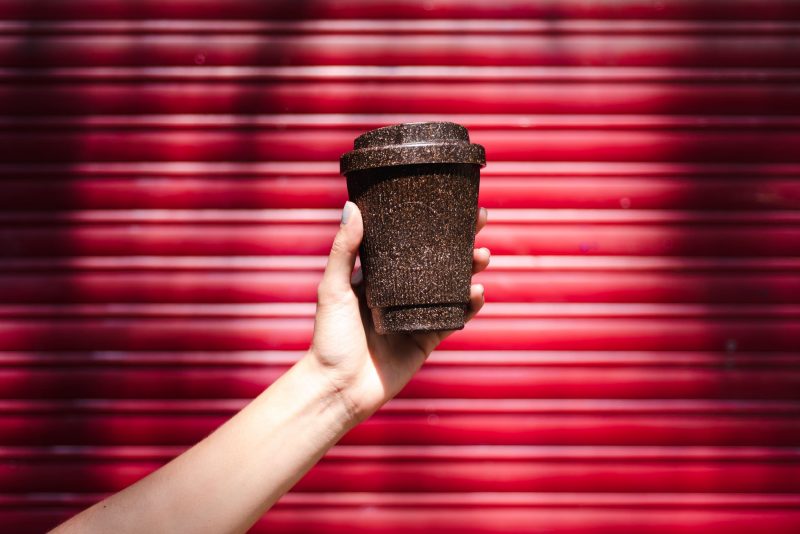
When asked what they are most proud of about the idea and the business, the answer is resoundingly similar. ‘Having turned a first idea into an invention that turned out to work so well and be able to create an impact in the world!’ Julian says. It’s this impact that resonates through advice the Kaffeeform team readily share with other entrepreneurs and businesses when discussing sustainability, ‘You need to mean to conduct your business in a sustainable way and live up to it. There’s an important difference between seeing an opportunity for fast and huge sales in a sustainable product, or an opportunity to make the world a little bit better with your product, step by step. More often than not, this means baby steps which takes time, commitment and dedication.’
‘The current mindset and growing movement demanding action in terms of the climate crisis, quality and sustainability, of course, creates possibilities for us to grow and work in a social, sustainable way. Which is great! And at the same time, we do have the opportunity and also the responsibility to shape the world we live in through the way we consume, live and also do business, not just for us, but also for every other living species in the world,’ concludes Julian. ‘Through the way we produce, act and communicate, we can create a sustainable future that shapes more possibilities for everyone.’
To date, Kaffeeform has just introduced their Alphabet Weducer cup range which adds a personalised touch to your daily coffee in its sustainable container.
Kaffeeform combines design and aesthetics with sustainability and conservation of resources and strives to inspire people to rethink consumer behaviour. All products are composed of used coffee grounds and other renewable, plant-based resources that are hardened with biopolymers. Each cup is:
- Light but still exceptionally durable and robust
- Break-proof up to a drop height of 1.5m
- Dishwasher-friendly
- Food-safe
- Free from plasticisers/BPA
- Conserves resources
- Vegan
- Cruelty-free
In addition, every cup is one-of-a-kind. The special appearance of the marbled surface that resembles wood is rounded off by a light coffee aroma.
All photos courtesy of Kaffeeform
